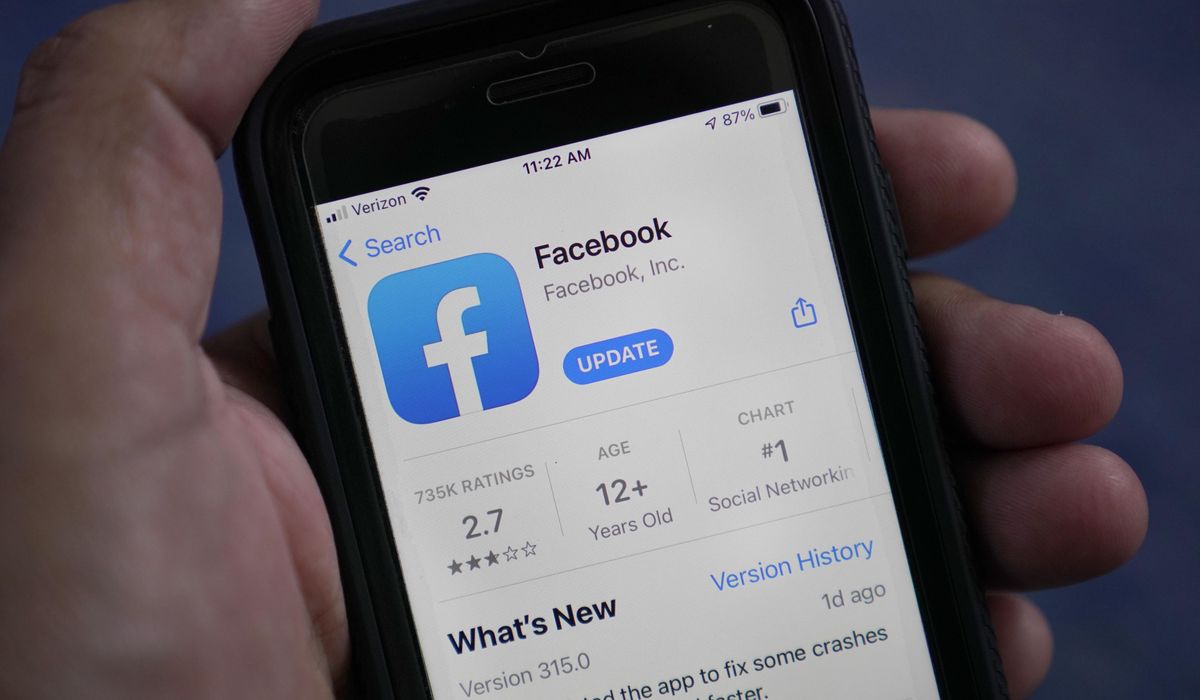
Social media platforms have restricted 808 posts about COVID-19 as part of an effort to reduce misinformation about vaccines since the pandemic started, according to a new report from a conservative media watchdog.
The Media Research Center’s CensorTrack Report: COVID-19 report found that the restrictions hit seven members of Congress, 41 medical and scientific professionals, 70 media personalities and 21 news outlets between March 17, 2020 and Feb. 3 of this year.
The list of restricted social media users ranged from podcaster Joe Rogan and Fox News host Tucker Carlson to the libertarian Reason Magazine and the British Medical Journal.
“Big tech took advantage of the virus to seize even more power over what can be said online,” said Brent Bozell, the research center’s president. “It doesn’t matter who you are — commentators, senators, congressmen, even doctors — Big Tech can silence you just like Communist China censors any opposition.”
The report found that Facebook, Instagram, Twitter, LinkedIn, Google Ads, TikTok and YouTube restricted users by limiting the reach of their posts, suspending their accounts over fact-checking and even banning some users.
On Dec. 29, Twitter suspended the account of vaccine skeptic Dr. Robert Malone, an epidemiologist who contributed early research to the mRNA vaccine technology now used in COVID-19 vaccines, for “violating our policy on spreading misleading and potentially harmful information related to COVID-19.”
Shortly after Dr. Malone repeated his criticism of the vaccines, Twitter banned his account permanently and YouTube removed videos of an interview he did with Mr. Rogan on Spotify.
Mr. Bozell said the restrictions amount to a form of “censorship” that targets conservatives who question information that the social media platforms otherwise promote about COVID-19 restrictions and health policies.
“They don’t allow debate, despite being proven wrong about everything from the Wuhan lab leak to lockdowns,” he said. “No nation can remain free if big tech has this much power over speech.”
But James Grossman, executive director of the American Historical Association, said U.S. legal precedent allows social media platforms to suspend or ban people who post “deliberate misinformation” during a public health crisis.
“Claiming a right to spread blatant misinformation in the context of a national public health emergency is the equivalent of claiming the right to shout ‘Fire’ in a crowded theater,” Mr. Grossman said, noting that more than 900,000 people have died in the U.S. from COVID-19. “The Supreme Court has, in the past, ruled that public health emergencies establish a policy context that is different from everyday business.”
Free speech protections do not apply to misinformation concerning vaccinations, he added.
“The science is clear, and public health relies on a national effort to defeat this virus,” Mr. Grossman said. “Vaccination is a public health policy that can save lives only if a critical mass of Americans is vaccinated.”
The Media Research Center said in a press release that its database team has logged 3,318 “overall cases of censorship on multiple Big Tech platforms concerning a myriad of issues such as elections, COVID-19, climate change and race.” Each entry includes a written report backed up by records and documentation.
According to the report, “the worst case of documented COVID-19 censorship came from Facebook.”
“The platform deleted the Great Barrington Declaration’s account page,” a summary of the report states. “Prominent international disease experts developed the declaration to oppose harsh COVID-19 lockdowns imposed on citizens by many world governments, measures that were shown to have had ‘little to no effect’ on COVID-19 mortality, according to a Johns Hopkins University study.”
Facebook, which has reorganized as Meta, did not immediately respond to a request for comment.
For more information, visit The Washington Times COVID-19 resource page.
Health, The New York Today




